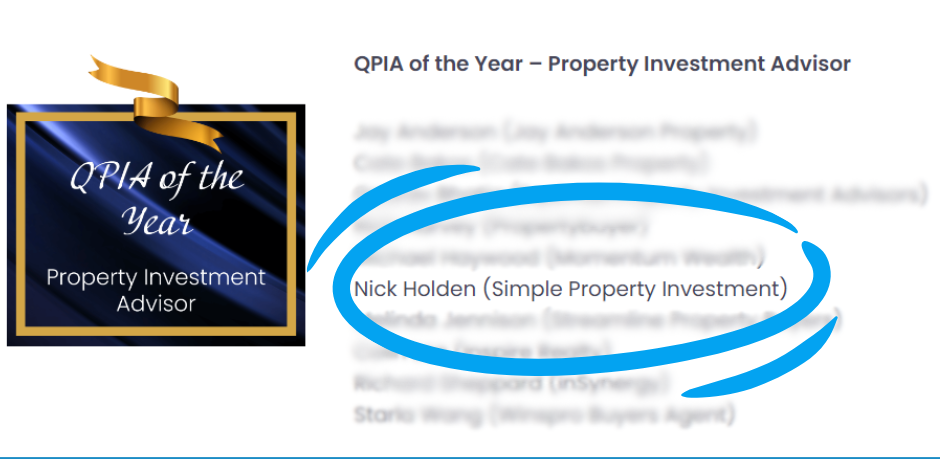We get asked a lot of questions about property investment. Often they follow a similar theme, so we’ve started Ask Nick! – a new segment to get your burning property investment questions answered.
Let’s kick this off with the age-old question asked by property investors, particularly those starting out:
Is it a good time in the market to buy property?
There are 2 completely different answers depending on whether you want a home to live in or an investment property. Let’s explore both scenarios:
- Buying a home
- Buying an investment property
1. You want to buy a home
If you plan to buy a home to live there throughout property cycles, then there’s no right or wrong time.
Consider:
- Can I afford the mortgage repayments if they increase by 3-4%? If you can’t, then you may have to sell the property prematurely if this occurs.
- Opportunity cost: If I am buying at a peak in the market, will having my funds tied up in a home make it harder for me to invest? (if that is something you wish to do)
2. You want to buy an investment property
Which ‘market’?
The first thing we need to clarify is: which ‘market’ are you referring to?
Is it the suburb we live in?
The city where we grew up?
The country?
There are many macro and micro property markets throughout Australia, all moving at different rates and in different directions.
Most markets over time increase in value. However history has shown us that there has never been a market that has continually increased without a period of correction.
A ‘correction’ is simply a market adjusting to supply and demand. It may be a decline in value or a sustained period of no growth.
How will you know when the market is in a correction – or at it’s lowest point before it goes up?
If you had a crystal ball, most sane people wouldn’t buy in a market that was entering, or was in, a state of correction. Especially if the investment was cash-flow negative.
No-one has a crystal ball so we need to look at market conditions and factors.
An important figure is your debt-to-income ratio: the percentage of your monthly gross income that goes toward paying off debt.
With interest rates being so low over the past few years (Source: RBA), investors have had higher borrowing capabilities. This has influenced the values of some markets, in particular Melbourne and Sydney.
However when borrowing ceilings are reached, the market can’t climb any further.
At times like this, smart investors will look at other, more affordable markets such as:
- Regional areas
- Other states
It all comes down to facts, figures and mindset.
Importantly, if your investment is cash-flow neutral – or ideally cash-flow positive – you give yourself the best opportunity of holding onto that asset for as long as it needs to grow in value.
But what if you don’t want to invest outside your backyard?
If you don’t feel comfortable investing outside of your backyard – and it will cost too much to invest – wait until it’s a buyer’s market again.
It may take a little while. But history has shown it will happen.
So in considering an investment property, you need to think about:
- Which market you can afford
- What options you have if your market is unaffordable
- What stage the market is at
Summary: Is it a good time in the market to invest?
If you’re buying a home, it doesn’t matter where the market it at. You’ll be holding onto the property across property cycles.
Instead, if you’re looking to buy an investment property, know which market you’re dealing with – and what stage the market is in.
Naturally, you don’t want to buy at a peak in the market so make sure you get your timing right. Or look outside your backyard for better options.
As always, give me a yell if you need a hand getting started on your property investment journey.
Happy investing!
Articles you may be interested in:
Download your free E-Book
Learn how to invest the right way with your free E-Book Property Investment: 10 Essential Considerations.












